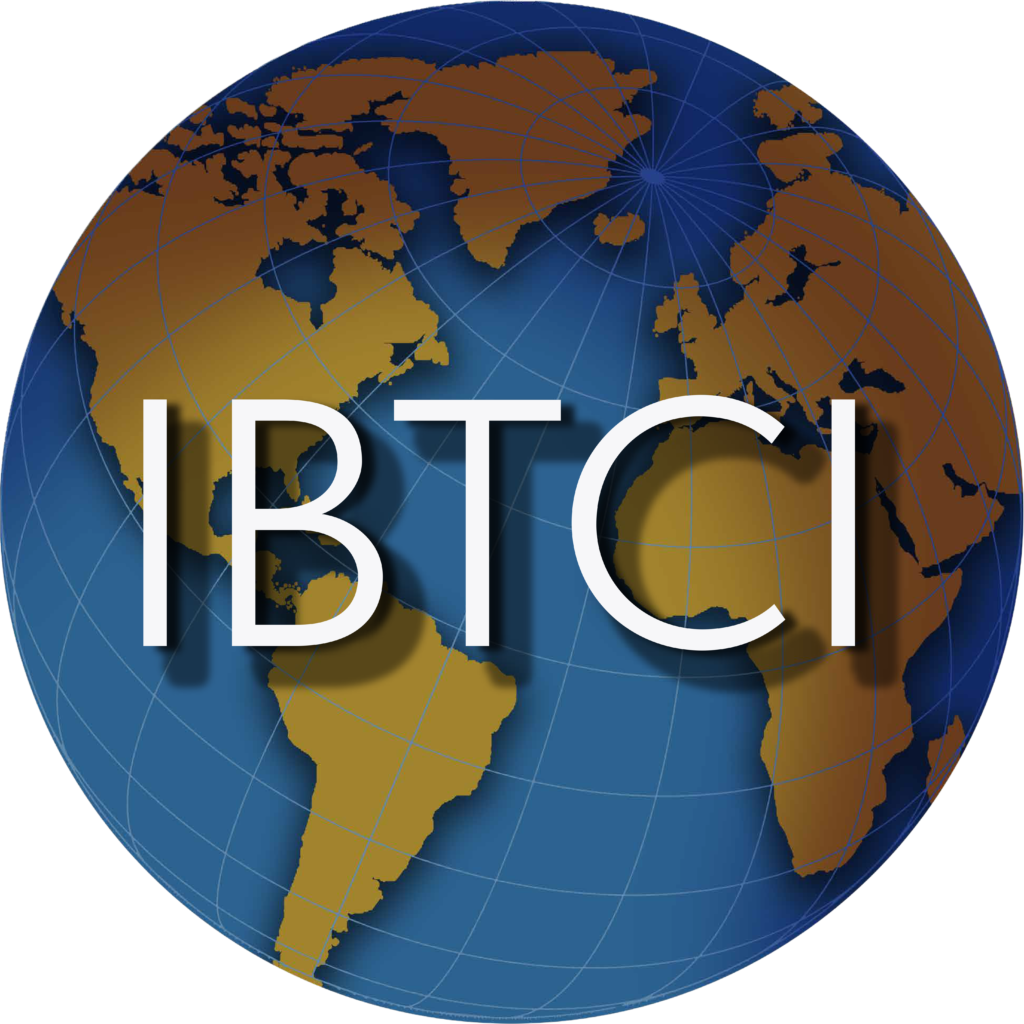Monitoring, Evaluation, & Coordination Contract (MECC)
MECC is a five-year program providing M&E and learning support to two innovative USAID/DRC initiatives: the cross-cutting Country Development Cooperation Strategy that supports a holistic development approach across multiple technical areas and emphasizes Mission-wide learning, and a comprehensive education program funded by USAID and DFID.
Specifically, Component 1 supports monitoring, evaluation, and coordination for the Mission-wide CDCS, which focuses on building the institutional capacity of government, civil society, and private institutions in order to achieve sustainable development outcomes. USAID, partly through the implementation of this Contract, will determine what development approaches work best in the DRC and reevaluate programs based upon that knowledge.
Component 2 supports monitoring, evaluation, and coordination of ACCELERE!, funded by DFID and USAID, and which comprises four activities focused on improving access to and quality of education, governance and accountability, evidence-based learning for donors, civil society, and the GDRC, and reducing the number of out- of-school children in DRC. As the implementer for Activity 3, MECC provides independent evaluation, coordination and data collection services to the other three activities.
Under Components 1 and 2, MECC services include performance monitoring, support to the Mission’s Learning Agenda, regional coordination among stakeholders at the provincial level, and M&E capacity building for Mission staff, IPs, and other relevant stakeholders. MECC services under Component 2 also include the design and implementation of impact and performance evaluations.
Since its launch in January 2016, MECC has supported the Mission in the finalization of the CDCS Performance Management Plan and helped USAID with outreach to and collaboration with government, civil society, and other stakeholders in the provinces by fielding staff in key development corridors and areas of transition. MECC’s support to the Mission, its implementing partners, and DFID, is grounded in the principles of collaborating, learning, and adapting to ensure evidence and learning are used to maximum effect throughout the program cycle.
